the poultry sector
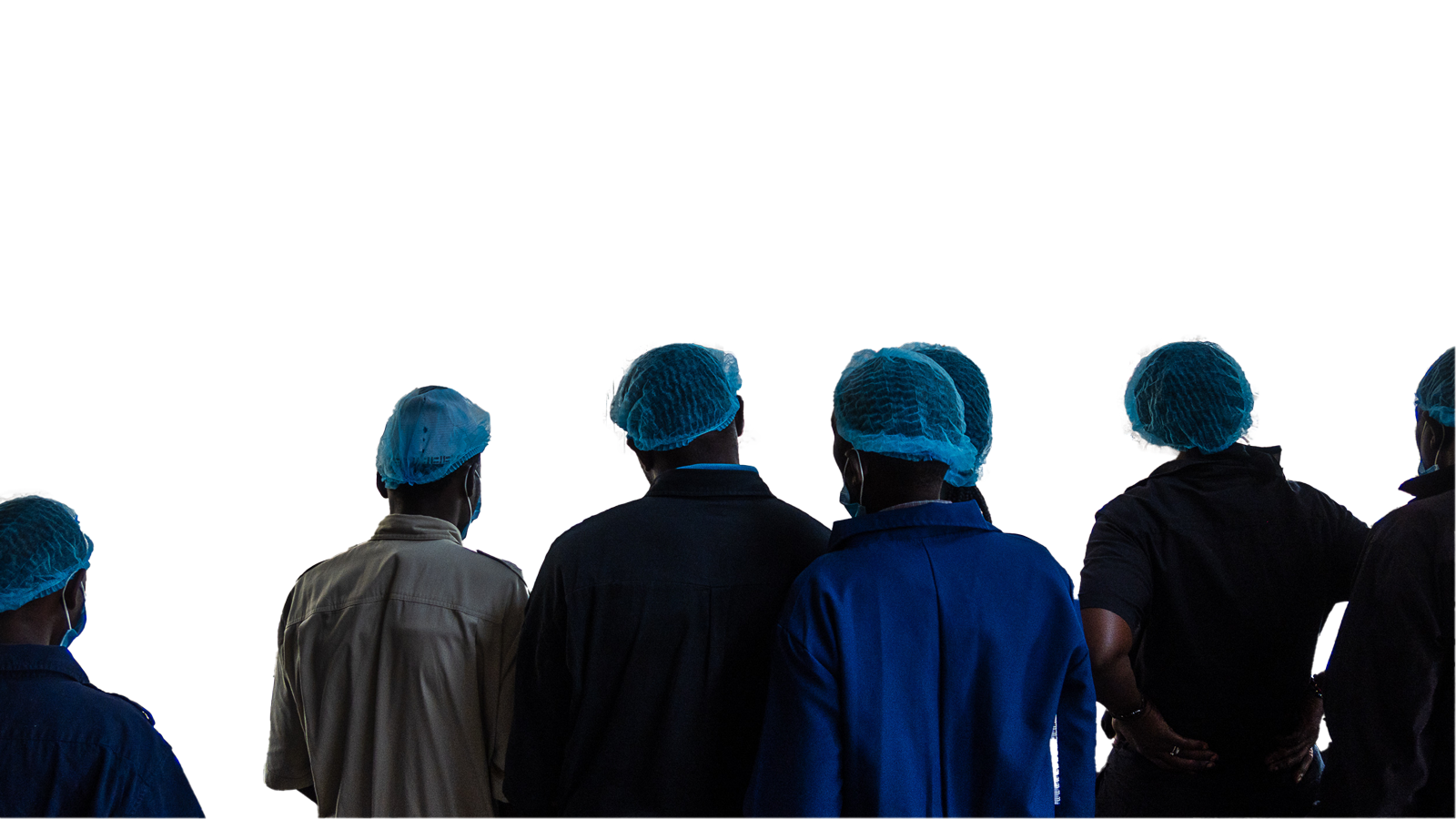

Through the ‘Poultry Tech programs’ for Uganda and Bangladesh, farmers and other members of the poultry sector are being trained in broiler and layer management practices. These programs are implemented in cooperation with Dutch and local companies.


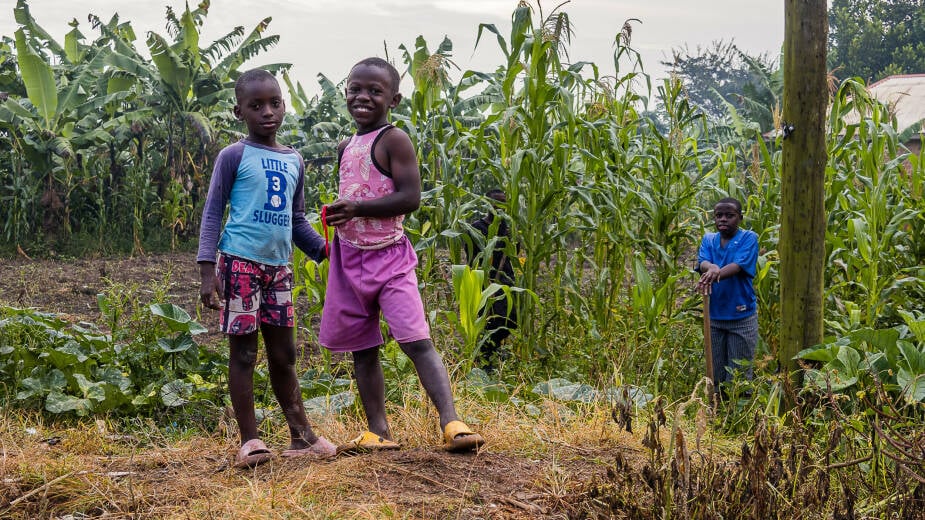







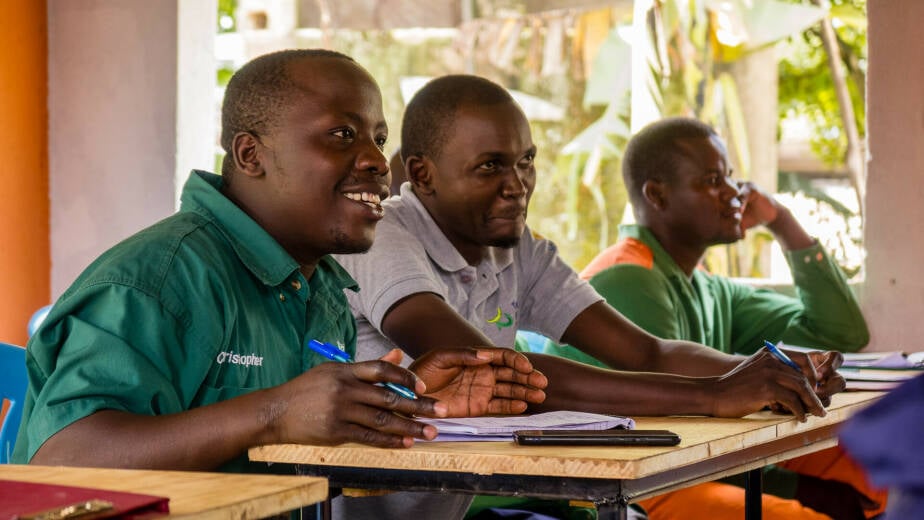
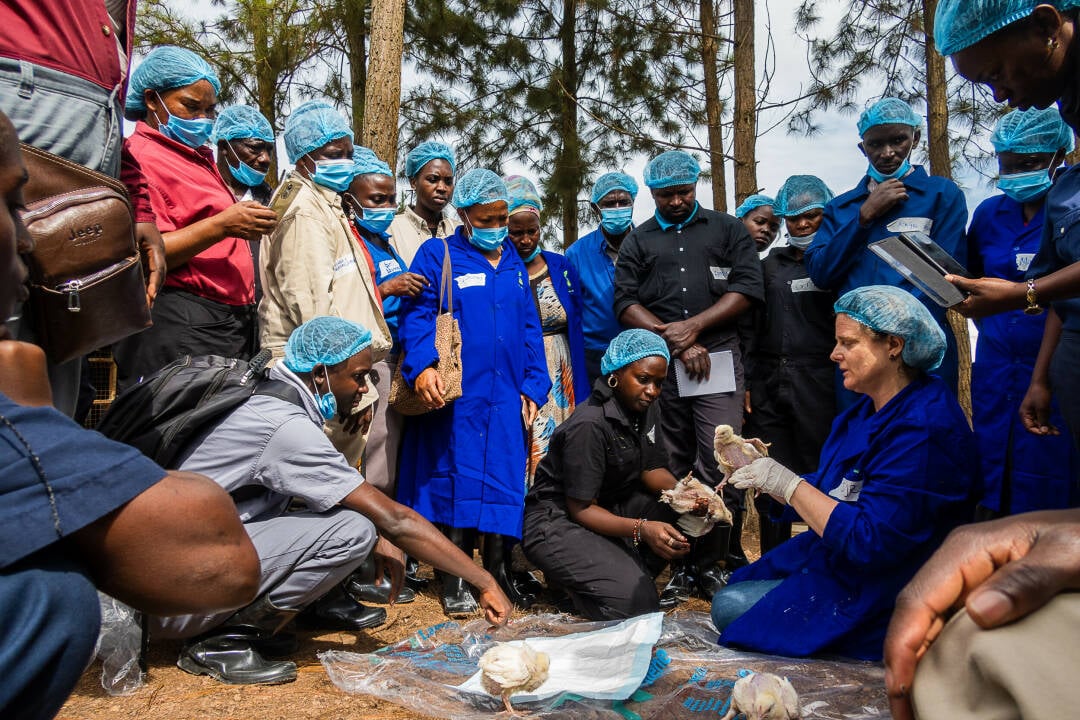
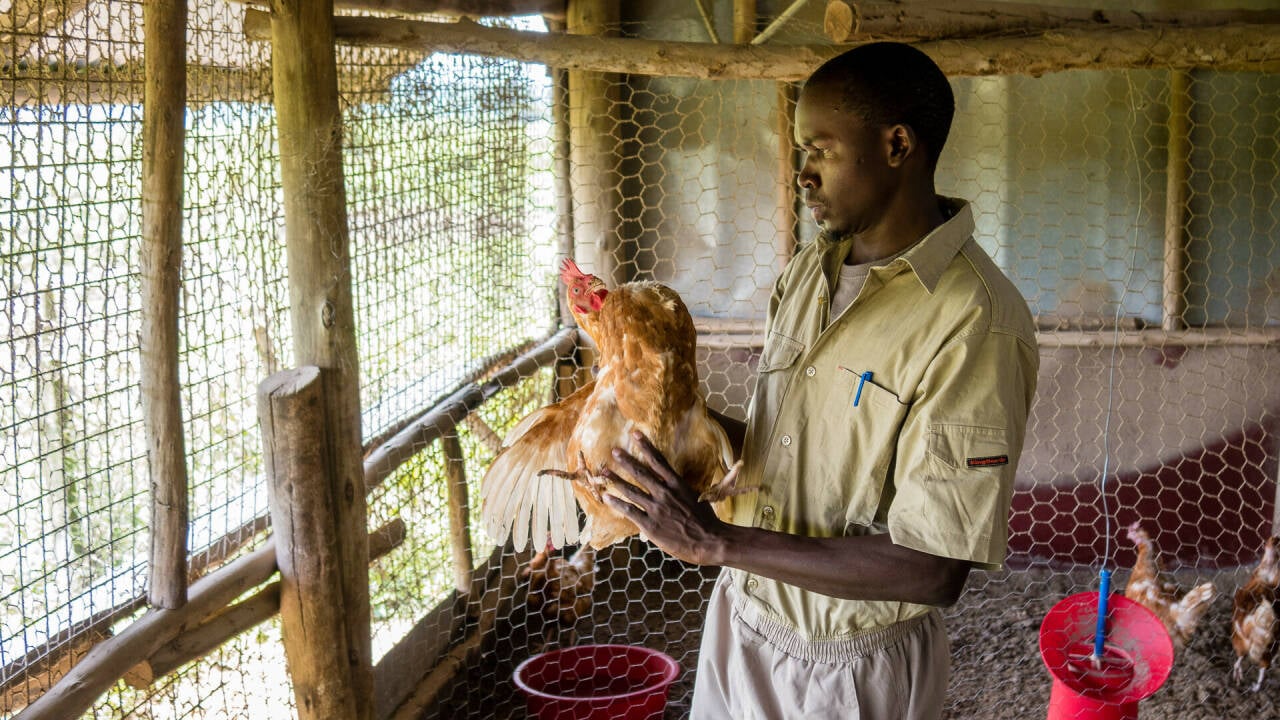
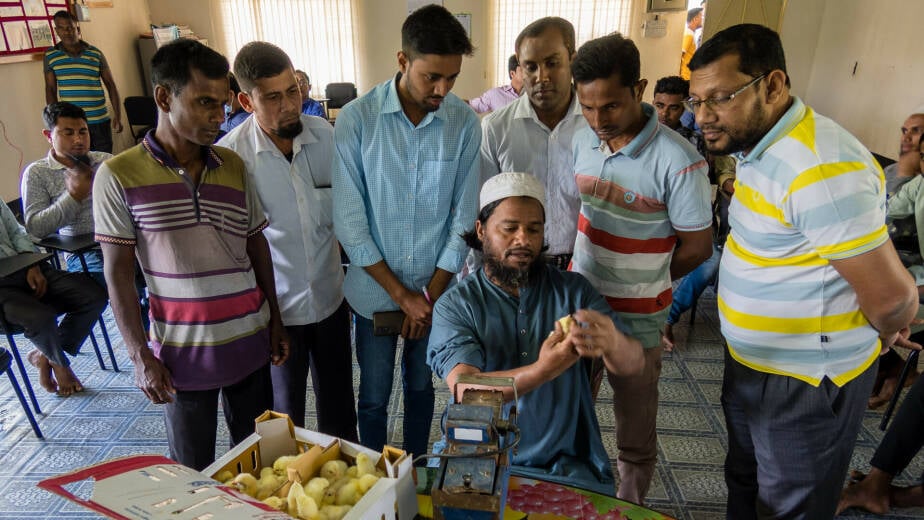
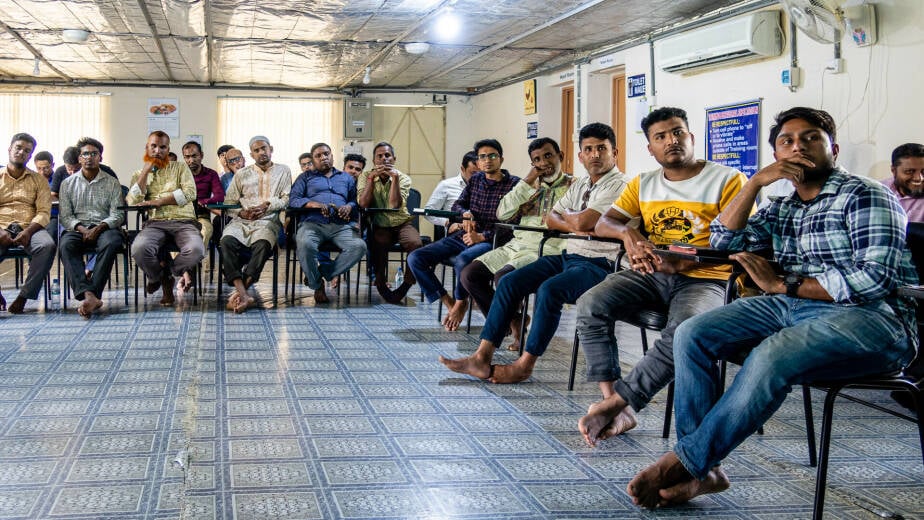
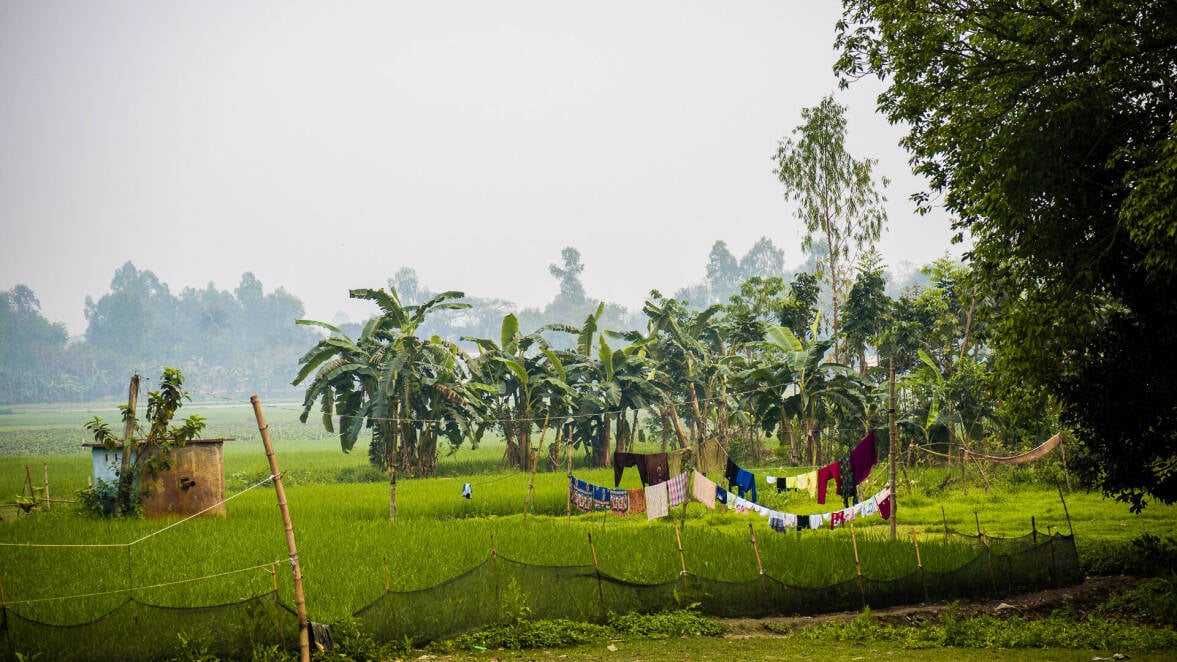
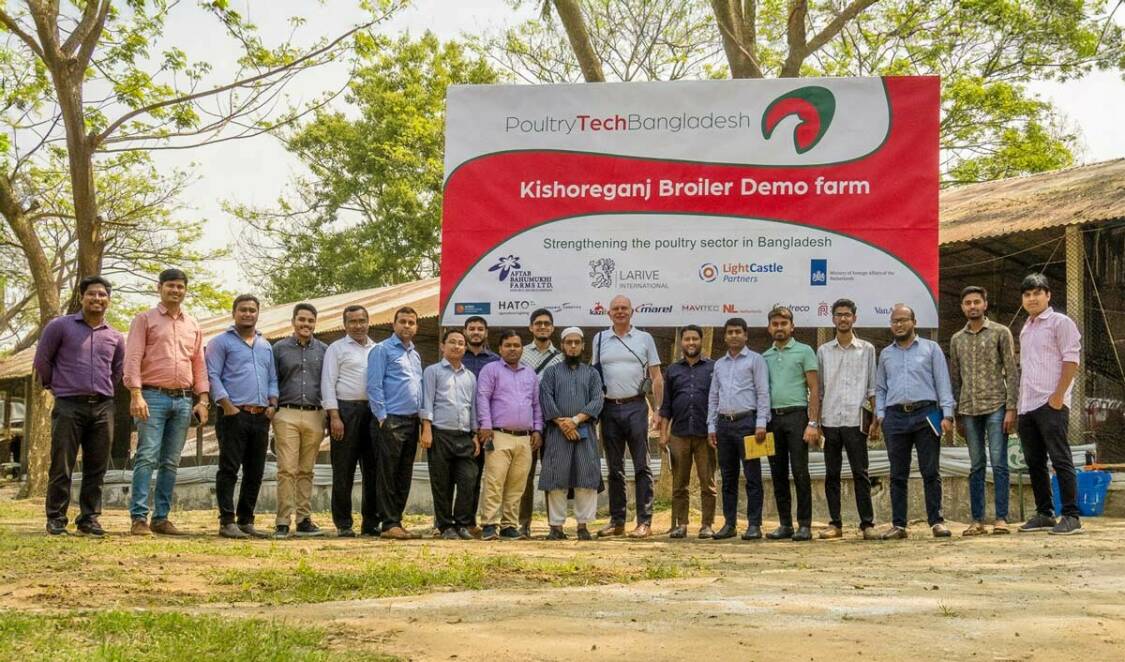
Helmich van Rees is one of the trainers involved in both programs. He traveled to both Uganda and Bangladesh to train specialists in the poultry sector. "The idea is that Dutch manufacturers of, for example, machines, chicken breeders, and feed manufacturers can sell their products to farmers in those countries. But, of course, you can't just send those products and expect every farmer or other person in the chain to know how to subsequently handle those products or get the best out of them. That is why it is important to add a teaching component to give them more skills in managing their farms and industry as a whole."
If possible, there is also room for teaching about the technical side of the production process. "In some cases, the local people have certain equipment from Dutch manufacturers but are not able to handle it in the most efficient way. In that case, we can show them how to optimize the process. But it is not like we get into too many technical details; that is not our job and expertise. It is more about the general way in which the production lines are organized."
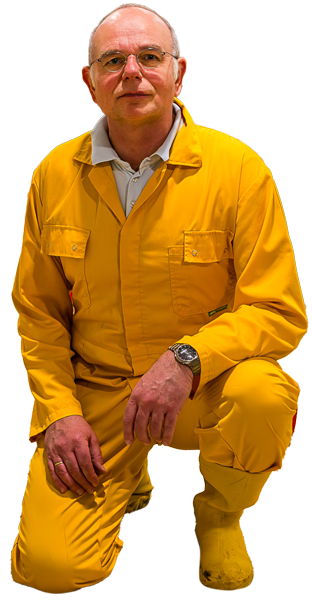
Networking
The training program is one week long, in which the participants receive both theoretical and practical information about poultry farming and optimizing their production line. In Bangladesh, Helmich and his colleagues also organized a training that lasted for two weeks. "This was a combination of the regular one-week training, with a second week in which networking was an important part. During this week representatives of Dutch companies traveled to Bangladesh and visited relevant and potential partners with them in Bangladesh. In this way, new business relationships could develop, and a local network was established."
Alumni
As is the case in several trainings that ATCI organizes abroad, alumni are frequently involved in the Poultry Tech program. "Our alumni, who are people we taught in the train-the-trainer program also get the chance to organize a class. So, in that way, they can use their gained knowledge at ATCI to participate in our training on-site. That makes it even more interesting and strengthens the purpose of ATCI."
Difference
In Bangladesh, it is mostly extension workers who are being trained, as opposed to the situation in Uganda where the farmers also actively take part in the training program. "In Bangladesh, it concerns big companies, imagine businesses with a hundred thousand chickens, so they have big management teams. These managers are trained to train the farmers at the farms. So it compares to the train-the-trainer idea. In Uganda, farmers directly participate in the program too." Helmich remembers the first time they traveled to Bangladesh to teach the course. "It started with a mere twelve participants. The second time, the number had doubled, and at the end of the second course, we were teaching a group of fifty people. The word got around, and every day more people joined. That was very interesting and good to see."
the poultry sector
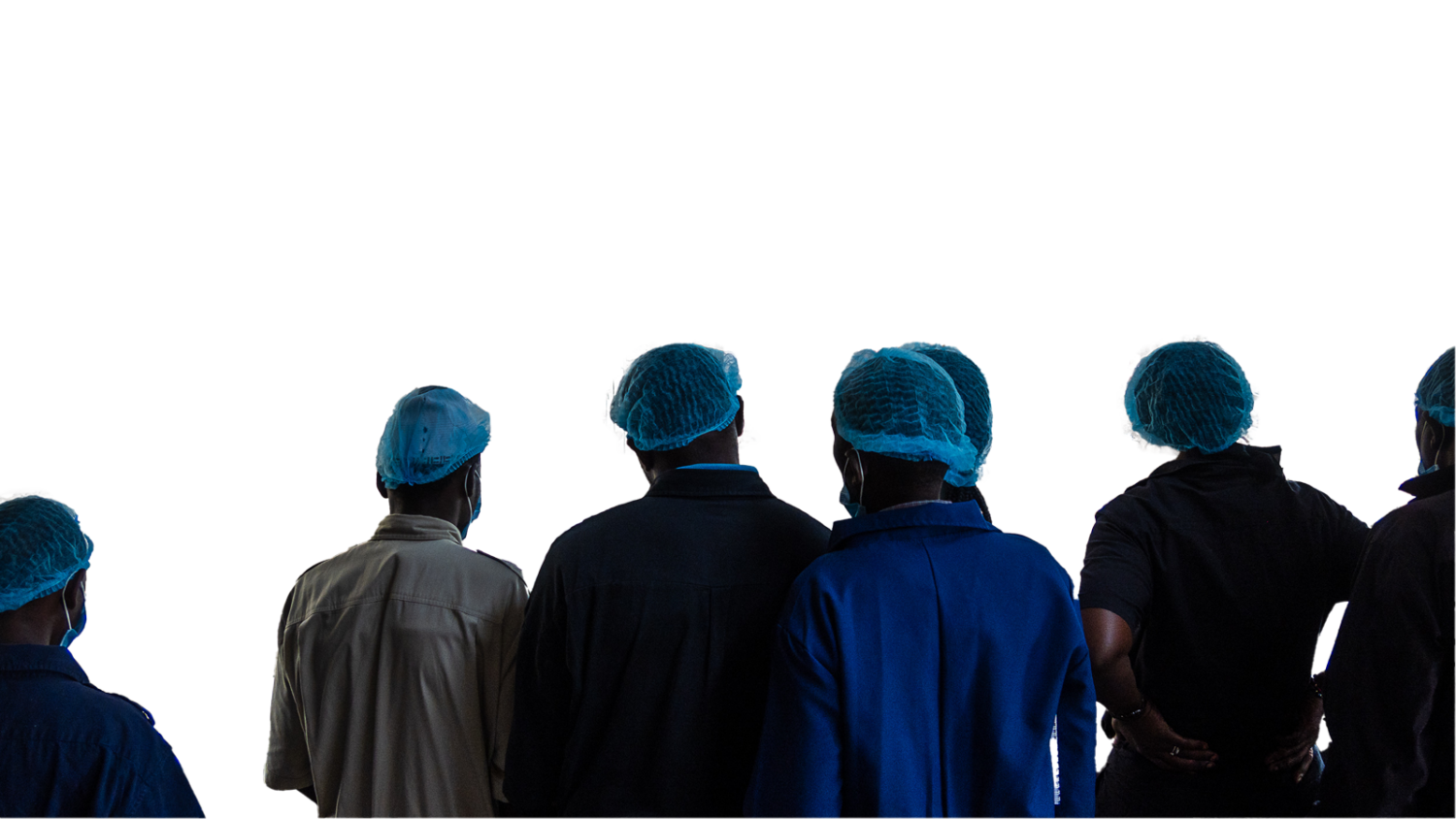
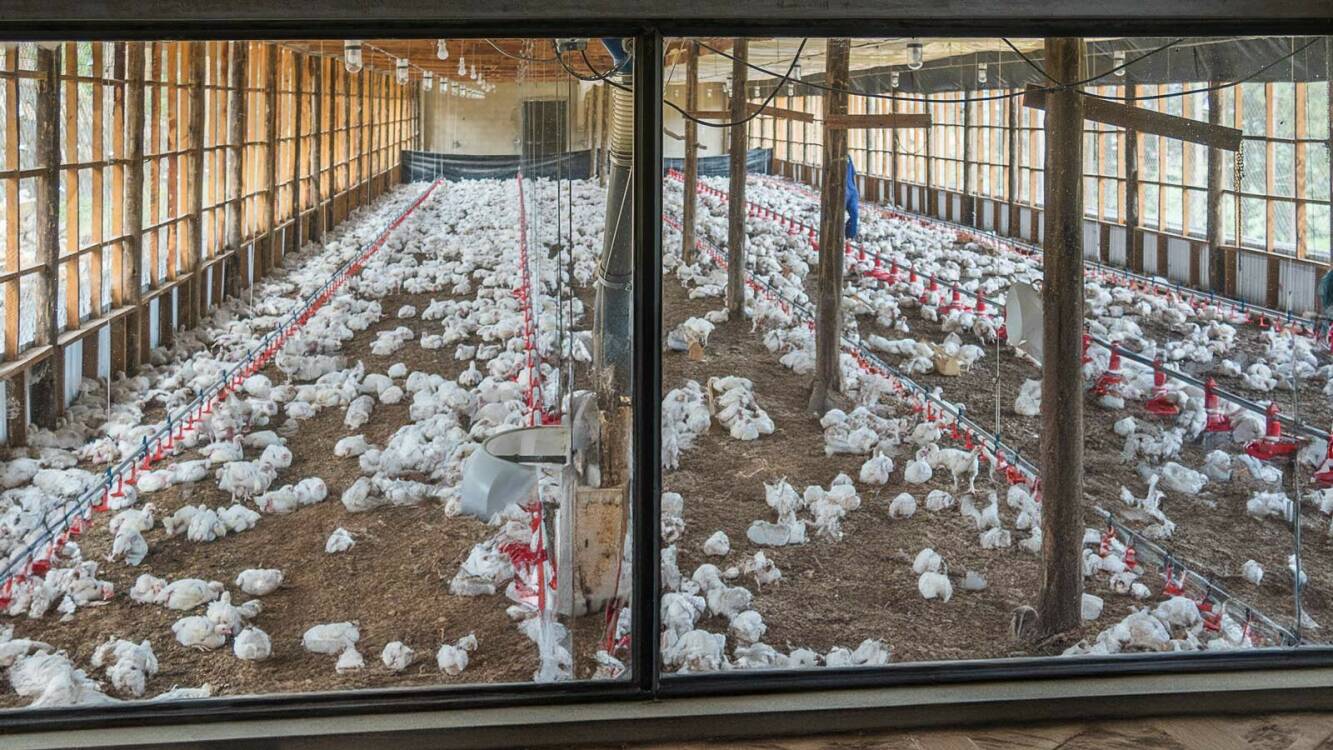
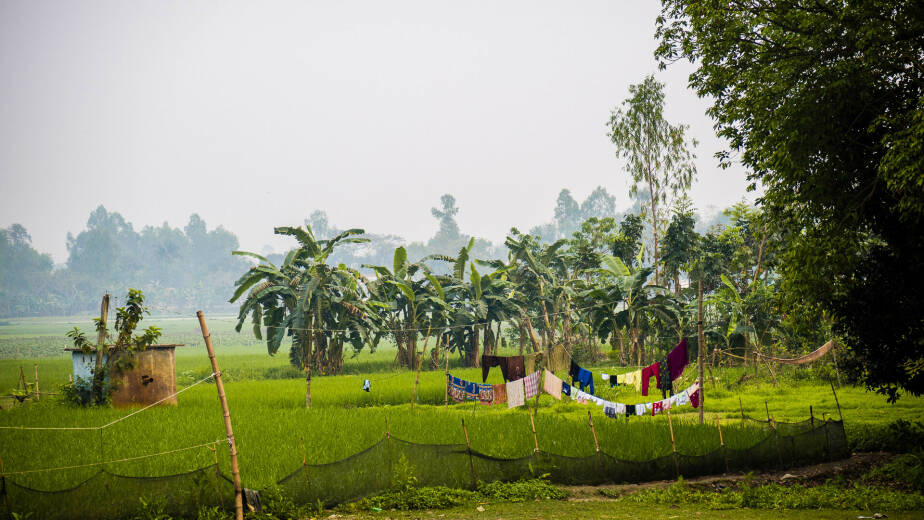

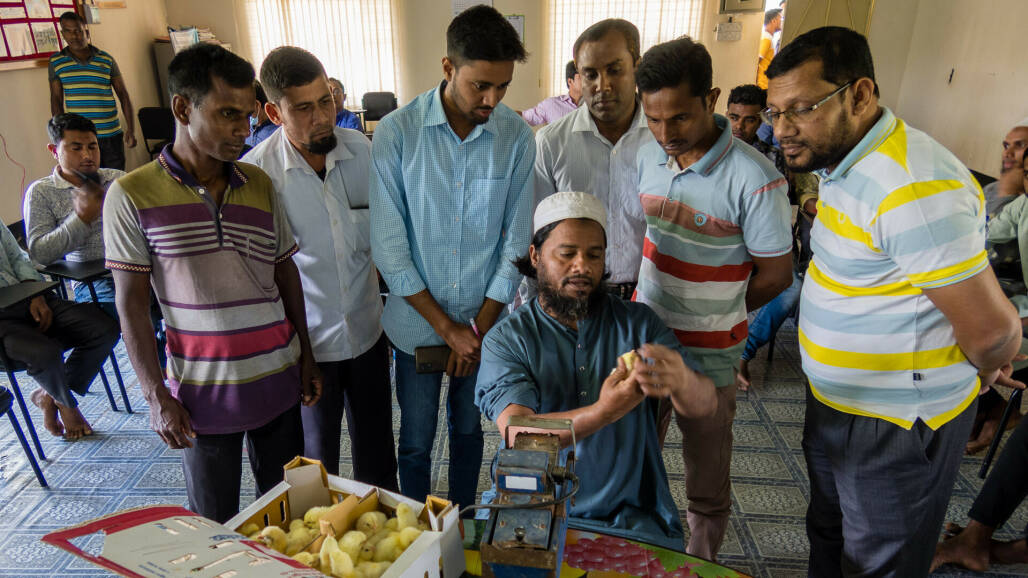
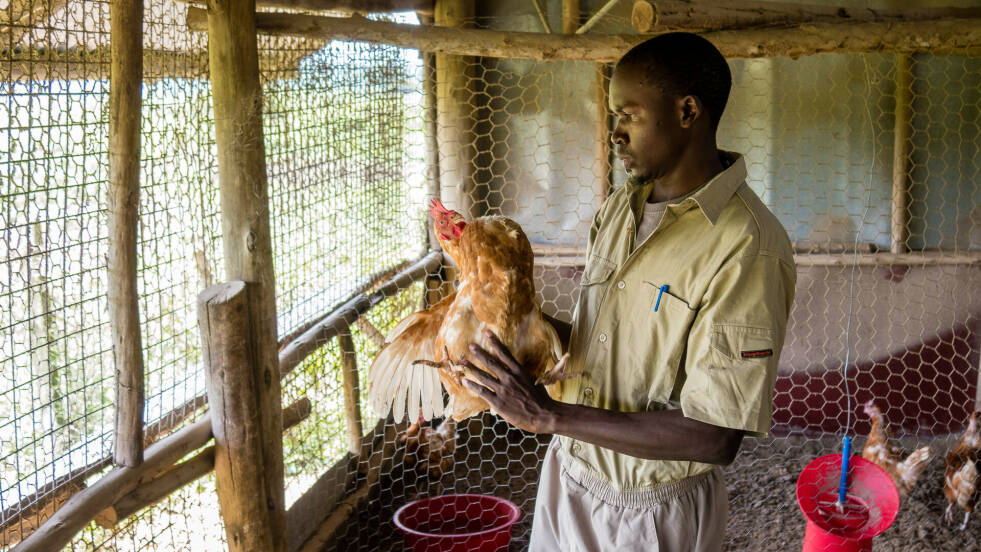
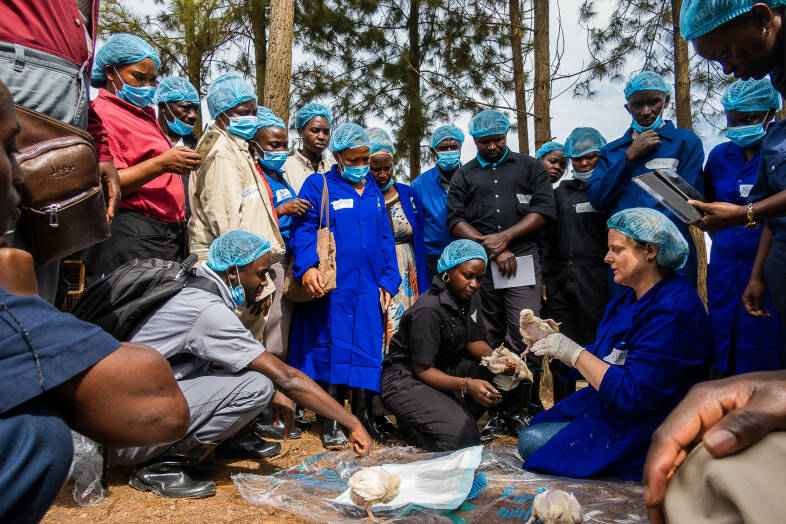







Networking
The training program is one week long, in which the participants receive both theoretical and practical information about poultry farming and optimizing their production line. In Bangladesh, Helmich and his colleagues also organized a training that lasted for two weeks. "This was a combination of the regular one-week training, with a second week in which networking was an important part. During this week representatives of Dutch companies traveled to Bangladesh and visited relevant and potential partners with them in Bangladesh. In this way, new business relationships could develop, and a local network was established."
Alumni
As is the case in several trainings that ATCI organizes abroad, alumni are frequently involved in the Poultry Tech program. "Our alumni, who are people we taught in the train-the-trainer program also get the chance to organize a class. So, in that way, they can use their gained knowledge at ATCI to participate in our training on-site. That makes it even more interesting and strengthens the purpose of ATCI."
Difference
In Bangladesh, it is mostly extension workers who are being trained, as opposed to the situation in Uganda where the farmers also actively take part in the training program. "In Bangladesh, it concerns big companies, imagine businesses with a hundred thousand chickens, so they have big management teams. These managers are trained to train the farmers at the farms. So it compares to the train-the-trainer idea. In Uganda, farmers directly participate in the program too." Helmich remembers the first time they traveled to Bangladesh to teach the course. "It started with a mere twelve participants. The second time, the number had doubled, and at the end of the second course, we were teaching a group of fifty people. The word got around, and every day more people joined. That was very interesting and good to see."
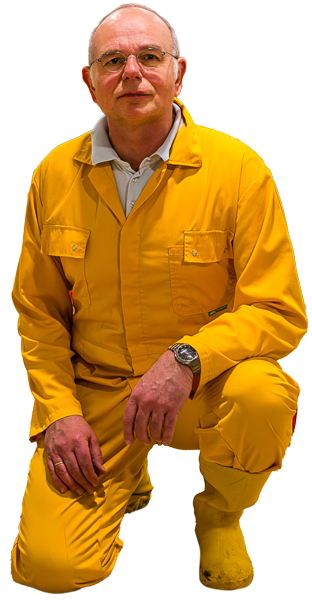
Helmich van Rees is one of the trainers involved in both programs. He traveled to both Uganda and Bangladesh to train specialists in the poultry sector. "The idea is that Dutch manufacturers of, for example, machines, chicken breeders, and feed manufacturers can sell their products to farmers in those countries. But, of course, you can't just send those products and expect every farmer or other person in the chain to know how to subsequently handle those products or get the best out of them. That is why it is important to add a teaching component to give them more skills in managing their farms and industry as a whole."
If possible, there is also room for teaching about the technical side of the production process. "In some cases, the local people have certain equipment from Dutch manufacturers but are not able to handle it in the most efficient way. In that case, we can show them how to optimize the process. But it is not like we get into too many technical details; that is not our job and expertise. It is more about the general way in which the production lines are organized."
Through the ‘Poultry Tech programs’ for Uganda and Bangladesh, farmers and other members of the poultry sector are being trained in broiler and layer management practices. These programs are implemented in cooperation with Dutch and local companies.
